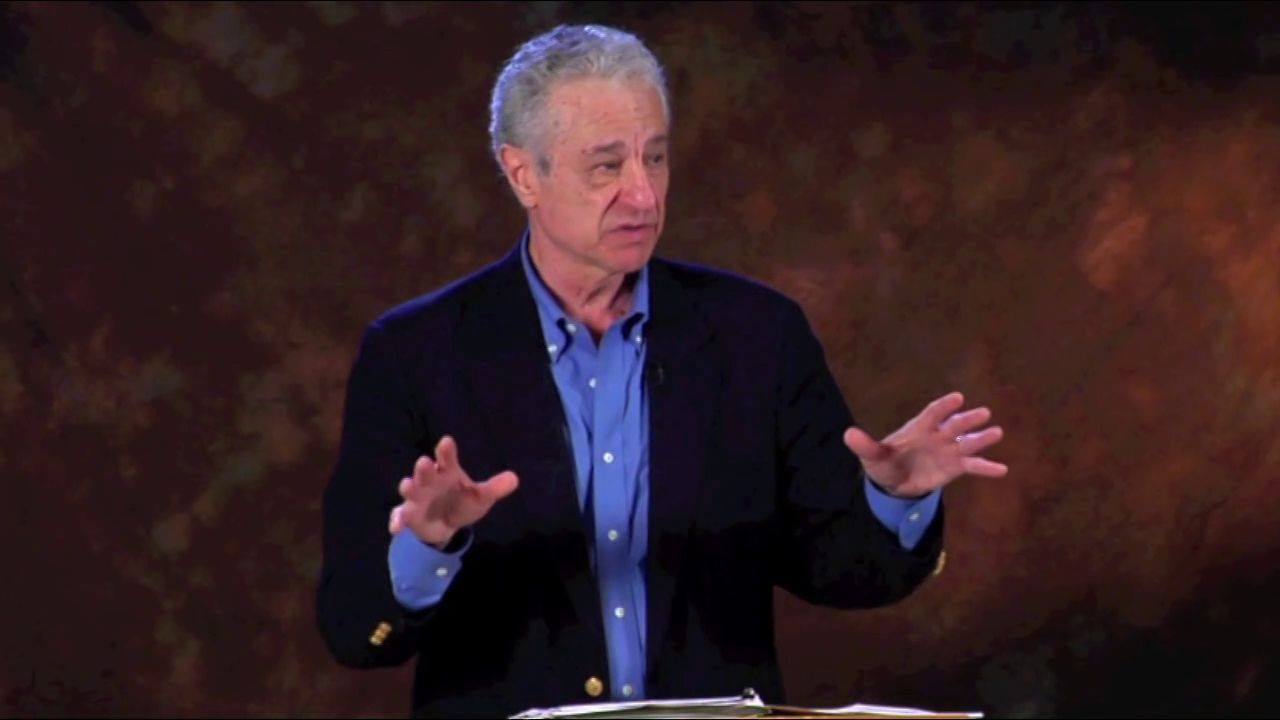Equanimity is sometimes thought of as aloofness, but in the sense of Buddhist practice, that isn’t a particularly accurate understanding. Just looking at the other three Immeasurables shows this not to be the case—can one really be compassionate or exhibit lovingkindness and simultaneously be aloof? The subject and object are dispensed with, and rather than being disconnected from everything, it’s all connection. The Middle Path of imperturbability isn’t one of compromise of principles, it’s seeing things as they truly are.
Perfections and Profligacy, Vices and Virtues, are all elements of reality. Where does the nose end and the face begin? A philosopher might say something about good/bad, evil/righteous being subjective judgments, and not without reason. In this vast grey area exists one person’s vice being another’s virtue. There can be a sense of imperturbability even in the midst of the chaos that has others wringing hands and rending garments on both sides of any argument.
Between what appear to be polar opposites, for the Buddhist practitioner there’s non-attachment to either end, and no attachment to the midpoint between them. The Middle Path could be mistaken as compromise, the result of which might be a take on the Precept to refrain from killing as, “OK, from now on, I’ll only maim and not kill,” and refraining from intoxicants by saying “I won’t shoot as much heroin.” So if the approach isn’t disconnection from situations or ignoring them under the guise of non-attachment or compromising, what is there to do?
Accept reality. It’s reality, and denying it is only to descend more deeply into the morass. Rather than pondering the philosophical concepts of right and wrong, we can resond correctly to the situation. If there is a child about to run into traffic, no thought is required to perform the correct action and grab her before the car comes. If someone is hungry, talking about recipes won’t feed them. If harm is being done, then do no additional harm. There is hunger, there is injustice, there is harm. It’s reality. You can’t think your way out of it. Accept it. It’s not only accepting what we like, it’s accepting all of it.
But accepting that there are like/dislike, harm/no-harm doesn’t mean passive acceptance. I accept that there is injustice. Stopping there is only being complicit in the injustice by choosing to perpetuate it by inaction under the rubric of equanimity. Unjust war isn’t ended by acquiescence, it requires action, maybe activism. Correct action is that before-thought state of seeing harm, accepting the reality that there is harm, then acting skillfully to end the harm. At the very least, we don’t contribute to more harm. Living in denial and despair of reality doesn’t change it.
To the barricades!, But with lovingkindness, with equanimity, with compassion, and joy. Our minds can be like water; we can accept without settling,

